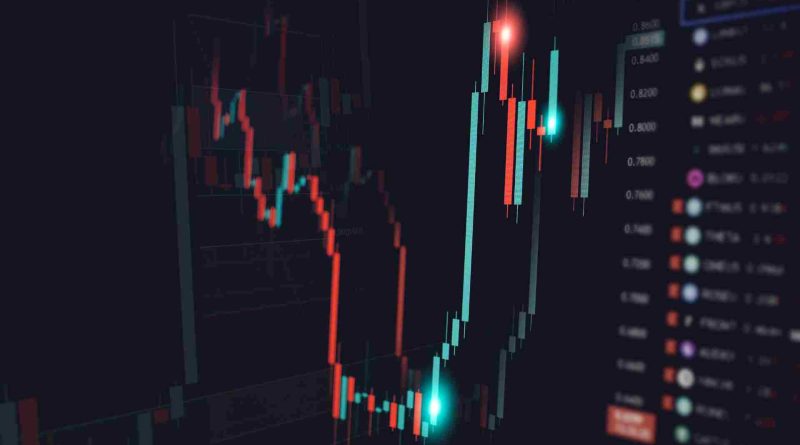Unveiled: Understanding the US Hedge Fund Debacle & Its Market Ramifications
The recent upheaval at Archegos Capital Management, led by ex-hedge fund manager Bill Hwang, has reverberated across financial markets globally, from Singapore to New York.
Based in New York, the family office reportedly orchestrated ‘unprecedented’ block trades in US markets, with investment giants like Goldman Sachs and Morgan Stanley offloading over $20 billion in equity positions on behalf of Bill Hwang’s fund. This flurry of block trades sparked unease among traders, amplifying market trepidation.
The specter of contagion looms large following the implosion of the family office, with primary brokers such as Nomura Holdings and Credit Suisse issuing profit warnings on Monday due to potential losses stemming from a US-based fund linked to Bill Hwang. Shares of both Credit Suisse and Nomura nosedived by over 13 per cent on Monday.
What prompted Goldman Sachs’ monumental block trades?
On Friday, traders in New York were rattled by rumors of Goldman Sachs executing block trades exceeding $10 billion in shares of major entertainment companies and American Depository Receipts (ADRs) of Chinese firms. While block trades are commonplace, the sheer magnitude of these orders raised eyebrows, with some stocks experiencing declines exceeding 40 per cent.
Who initiated the $10 billion margin call?
Bloomberg News and The New York Times separately reported that the colossal block trades executed by Goldman Sachs and Morgan Stanley were on behalf of Archegos Capital. These trades, carried out by the primary brokers of Archegos, were essentially liquidating positions of Hwang’s fund in response to a margin call.
What exactly is a margin call?
A margin call occurs when a broker compels a client to liquidate their positions if they fail to meet margin requirements for leveraged trades.
Who is Bill Hwang?
Bill Hwang, a former hedge fund manager previously associated with Tiger Management, has a controversial history. In 2012, he settled with the Securities and Exchange Commission over allegations of illicit gains from trading Chinese bank stocks, resulting in a $44 million settlement. Following the collapse of his hedge fund, Hwang established a family office, Archegos Capital, focusing on leveraged bets on US tech stocks and Chinese ADRs.
What led to the downfall of Archegos?
Archegos Capital’s use of bespoke derivative contracts to amplify market positions evoked memories of the 2008 financial crisis. Despite Hwang’s tainted past, primary brokers like Nomura, Credit Suisse, and Goldman Sachs extended leverage to him. However, recent market shifts may have turned against Archegos, resulting in substantial mark-to-market losses. As a consequence, brokers demanded additional cash, leading to the forced liquidation of positions.
Will the fallout from Archegos trigger a global contagion?
While equity markets initially weathered the collapse, profit warnings from Nomura and Credit Suisse are raising concerns of broader contagion. Goldman Sachs downplays its losses from exposure to Archegos, but investors fear broader ramifications. There’s apprehension that investment banks may tighten margin requirements globally, prompting hedge funds to deleverage, potentially impacting emerging market equities and exacerbating the strength of the US dollar.

